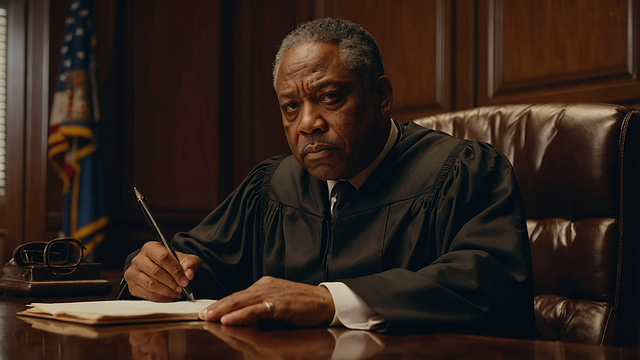In Multnomah County, Oregon, civil commitment attorneys balance public safety with individual rights in mental health cases. They advocate for both the community and individuals facing involuntary confinement due to severe mental illness. The Multnomah County Attorney's office ensures fair legal treatment, access to representation, and challenges commitments when necessary. They promote transparency, implement robust monitoring systems, and advocate for voluntary commitments and less restrictive alternatives, upholding rights in mental health cases while maintaining public safety.
In Multnomah County, the attorney for civil commitment plays a pivotal role in advocating for individuals’ rights within mental health cases. This crucial legal process ensures that those with severe mental illnesses receive appropriate care and treatment while respecting their fundamental rights. This article explores the intricacies of civil commitment, delving into the specific advocacy strategies employed by the Multnomah County Attorney to safeguard fairness and accountability, ultimately upholding rights in mental health cases.
- Understanding Civil Commitment: A Legal Process for Mental Health Cases
- The Role of the Multnomah County Attorney in Advocating for Individual Rights
- Ensuring Fairness and Accountability: Strategies for Effective Civil Commitment Advocacy
Understanding Civil Commitment: A Legal Process for Mental Health Cases

Civil commitment is a legal process that allows for the involuntary confinement and treatment of individuals who pose a significant danger to themselves or others due to severe mental illness. This process is designed to balance public safety with the rights in mental health cases, ensuring that individuals receive appropriate care while also protecting their freedom. In Multnomah County, Oregon, the attorney for civil commitment plays a crucial role in advocating for both the community’s safety and the rights of those facing such proceedings.
This advocacy involves overseeing the legal aspects of civil commitment hearings, ensuring fair and just outcomes. The attorney works closely with medical professionals to gather evidence and assess the individual’s mental state, all while upholding the legal standards required for commitment. By understanding the intricacies of this process, they can protect the rights of those in need while also managing potential challenges that may arise during these sensitive cases.
The Role of the Multnomah County Attorney in Advocating for Individual Rights

The Multnomah County Attorney plays a pivotal role in advocating for individual rights, particularly in civil commitment proceedings involving mental health cases. They are responsible for ensuring that the legal process respects and protects the rights of those facing potential or ongoing detention due to mental illness. This includes the right to fair treatment under the law, access to adequate legal representation, and the opportunity to challenge any proposed commitment.
The attorney’s office works diligently to navigate complex legal systems, offering guidance and support to individuals who may be vulnerable and overwhelmed. They advocate for voluntary commitments when appropriate, ensuring informed consent, and fighting for less restrictive alternatives whenever possible. In cases where involuntary commitment is necessary, they ensure that the process adheres strictly to legal requirements, balancing public safety with individual rights in mental health cases.
Ensuring Fairness and Accountability: Strategies for Effective Civil Commitment Advocacy

Ensuring fairness and accountability are paramount in civil commitment advocacy, especially when navigating complex mental health cases. Effective representation requires a multifaceted approach to safeguard the rights of individuals involved. One strategy involves promoting transparency in the commitment process. This includes demanding clear and concise explanations of legal rights, the basis for commitment, and available options, ensuring individuals understand their situation fully.
Additionally, building robust monitoring systems is crucial. Civil commitment attorneys can advocate for regular reviews of the individual’s condition, ensuring they remain appropriate and necessary. These measures foster accountability by holding facilities and professionals responsible for adhering to legal standards and respecting the rights of those in mental health care, promoting a fairer system overall.






